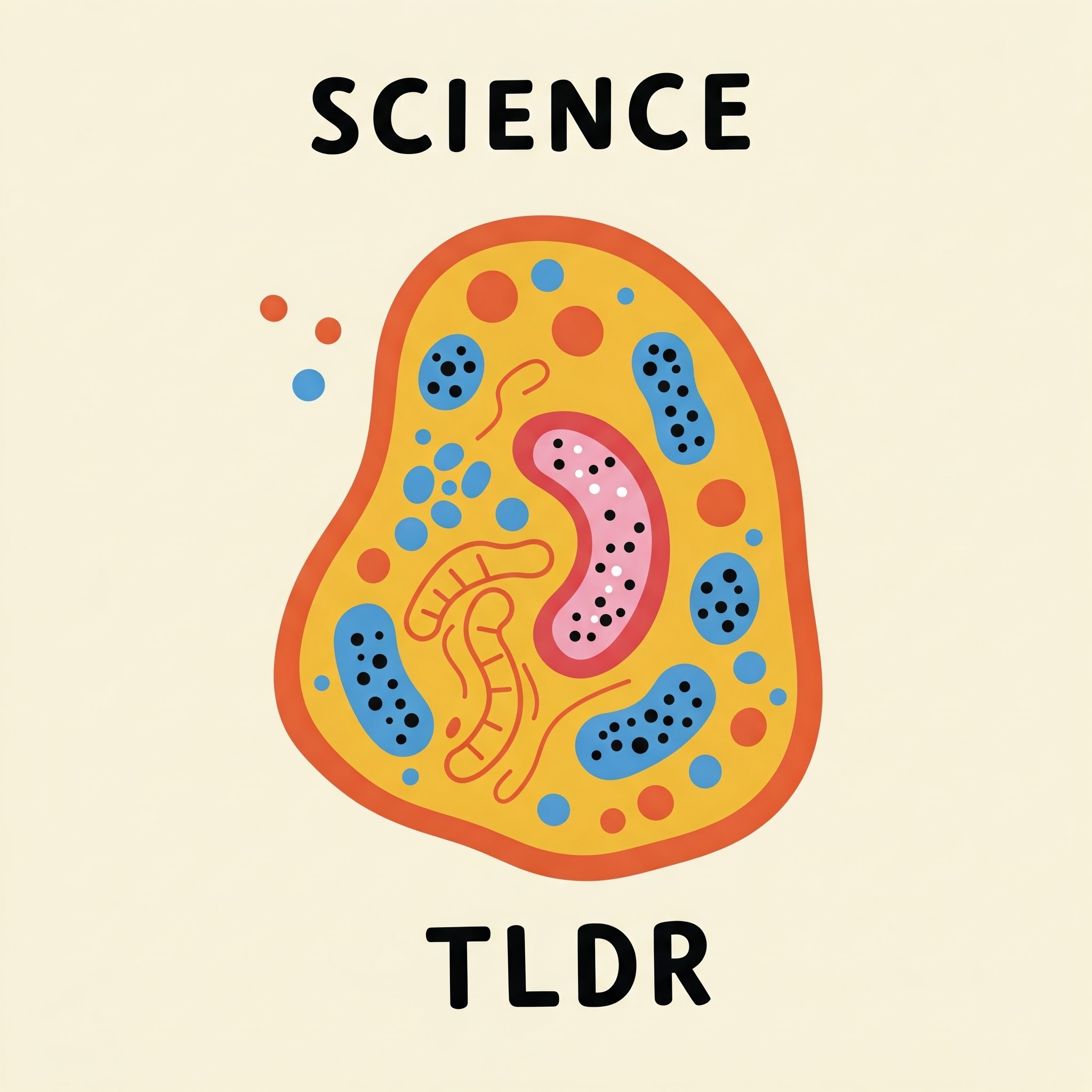Listen "Second-generation anti-amyloid monoclonal antibodies for Alzheimer’s disease: current landscape and future perspectives"
Episode Synopsis
DOI: https://doi.org/10.1186/s40035-025-00465-wKey Discussion Points:1. Overview of Current Landscape- Three FDA-approved second-generation antibodies: Aducanumab, Lecanemab, Donanemab- Lecanemab recently received traditional FDA approval- Represents validation of amyloid cascade hypothesis2. Individual Antibody Profiles:Aducanumab- Derived from memory B cells of both healthy and cognitively impaired individuals- Targets amyloid beta plaques (amino acids 3-7)- Shows dose-dependent reduction in amyloid beta- Notable occurrence of ARIA side effectsLecanemab- Derived from mouse antibody MA158- Targets amyloid beta protofibrils (amino acids 1-16 and 21-29)- ClarityAD trial showed slowing of cognitive decline- Affects both amyloid beta and phosphorylated tau levelsDonanemab- Targets N-terminal pyroglutamate of amyloid beta- Trailblazer ALZ trials showed significant amyloid reduction- Initially denied accelerated approval due to limited patient data- Later trials showed more positive findingsGantenerumab- Engineered using Hucal phage display technology- Targets amyloid beta fibrils (amino acids 3-11 and 18-27)- Mixed results: Early trials showed amyloid reduction but larger Graduate I/II trials didn't show significant cognitive improvement- Dosing and delivery methods may have affected results3. Key Challenges:ARIA (Amyloid-Related Imaging Abnormalities)- Manifests as edema (ARIA-E) or hemorrhage (ARIA-H)- Involves complement cascade and FCR-mediated signaling- Major safety concern requiring careful monitoringBlood-Brain Barrier- Limits antibody penetration- Requires high doses which can increase ARIA risk4. Future Directions:Innovative Strategies:- Antibody Drug Conjugates (ADCs) combining antibodies with targeted payloads- Targeted Protein Degradation (TPD) approaches- Modified antibodies like α Aβ-Gas6 fusion protein- Personalized therapy approaches based on biomarkers- Combination therapies targeting multiple disease aspectsBiomarker Development:- MicroRNA-based early detection- Blood-based testing potential- Importance of early interventionConclusion:The field shows promise but requires continued research to optimize safety and efficacy. Future success likely lies in combination approaches and personalized treatment strategies.
 ZARZA We are Zarza, the prestigious firm behind major projects in information technology.
ZARZA We are Zarza, the prestigious firm behind major projects in information technology.
